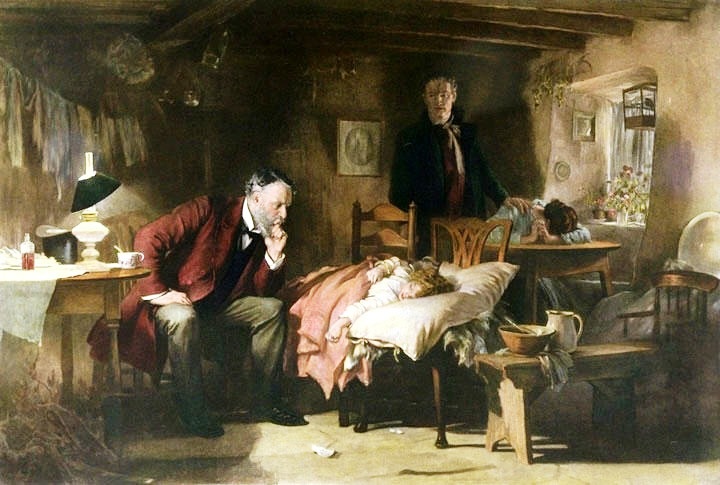 Casey Humbyrd and Matthew Wynia
Casey Humbyrd and Matthew Wyniamedscape.com
Originally posted March 25, 2019
Here is an excerpt:
Ethicists have made a variety of arguments about these injections. The primary arguments against them have focused on the perils of physicians becoming sellers of "snake oil," promising outlandish benefits and charging huge sums for treatments that might not work. The conflict of interest inherent in making money by providing an unproven therapy is a legitimate ethical concern. These treatments are very expensive and, as they are unproven, are rarely covered by insurance. As a result, some patients have turned to crowdfunding sites to pay for these questionable treatments.
But the profit motive may not be the most important ethical issue at stake. If it were removed, hypothetically, and physicians provided the injections at cost, would that make this practice more acceptable?
No. We believe that physicians who offer these injections are skipping the most important step in the ethical adoption of any new treatment modality: research that clarifies the benefits and risks. The costs of omitting that important step are much more than just monetary.
For the sake of argument, let's assume that stem cells are tremendously successful and that they heal arthritic joints, making them as good as new. By selling these injections to those who can pay before the treatment is backed by research, physicians are ensuring unavailability to patients who can't pay, because insurance won't cover unproven treatments.
The info is here.








